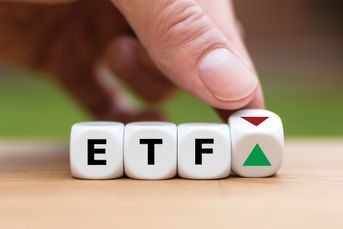Fewer Americans risking their retirement money with stupid investments

Defined contribution plans are getting more balanced, new data on Vanguard 401(k)s show.
To prepare for retirement, workers need to do two things: save enough and choose the right investments. The first is essential, and many Americans aren’t saving enough to retire on. But for those who are saving, there’s good news: Their retirement money is ending up in a better mix of investments.
New data on the 3.6 million participants in Vanguard Group retirement plans as of the end of 2014 (there are now 3.9 million) show workers are taking fewer extreme risks with their portfolios.
Take employer stock, for example. If you invest in your employer and the company runs into trouble, you risk losing your job and your retirement savings at the same time. Data on Vanguard 401(k) plans show workers are ending up in this risky situation far less often these days.
Even a diverse basket of stocks may be too risky if it’s your entire portfolio. During recessions and market downturns, stocks are much more volatile than bonds. So, for all but the very youngest workers, most experts recommend a mix of bonds and stocks, with fewer stocks as you get closer to retirement. Some workers still bet their entire retirement on the stock market, but that’s become a lot less common.
It’s also a mistake to avoid equities entirely. Bonds and cash are safer than stocks, but over the long term, equities have provided better returns. Portfolios with no stock exposure may struggle even to keep up with inflation. Luckily, the number of workers who are being too cautious is also shrinking.
As these extreme portfolios disappear, more balanced strategies are showing up in worker 401(k)s. Vanguard defines a “balanced” portfolio as one with 40% to 90% stock and less than 20% in employer stock.
The reason for these changes? Some workers have undoubtedly wised up since the recession.
More important, employers have realized they can’t leave investment choices up to workers who know little or nothing about finance. Instead, workers are automatically being steered into recommended strategies. The most common qualified default investment alternatives (QDIAs) are target-date funds, which automatically adjust exposure to stocks and bonds as workers get older. This year, for the first time, target-date funds are getting more than half of all 401(k) contributions.
Learn more about reprints and licensing for this article.








